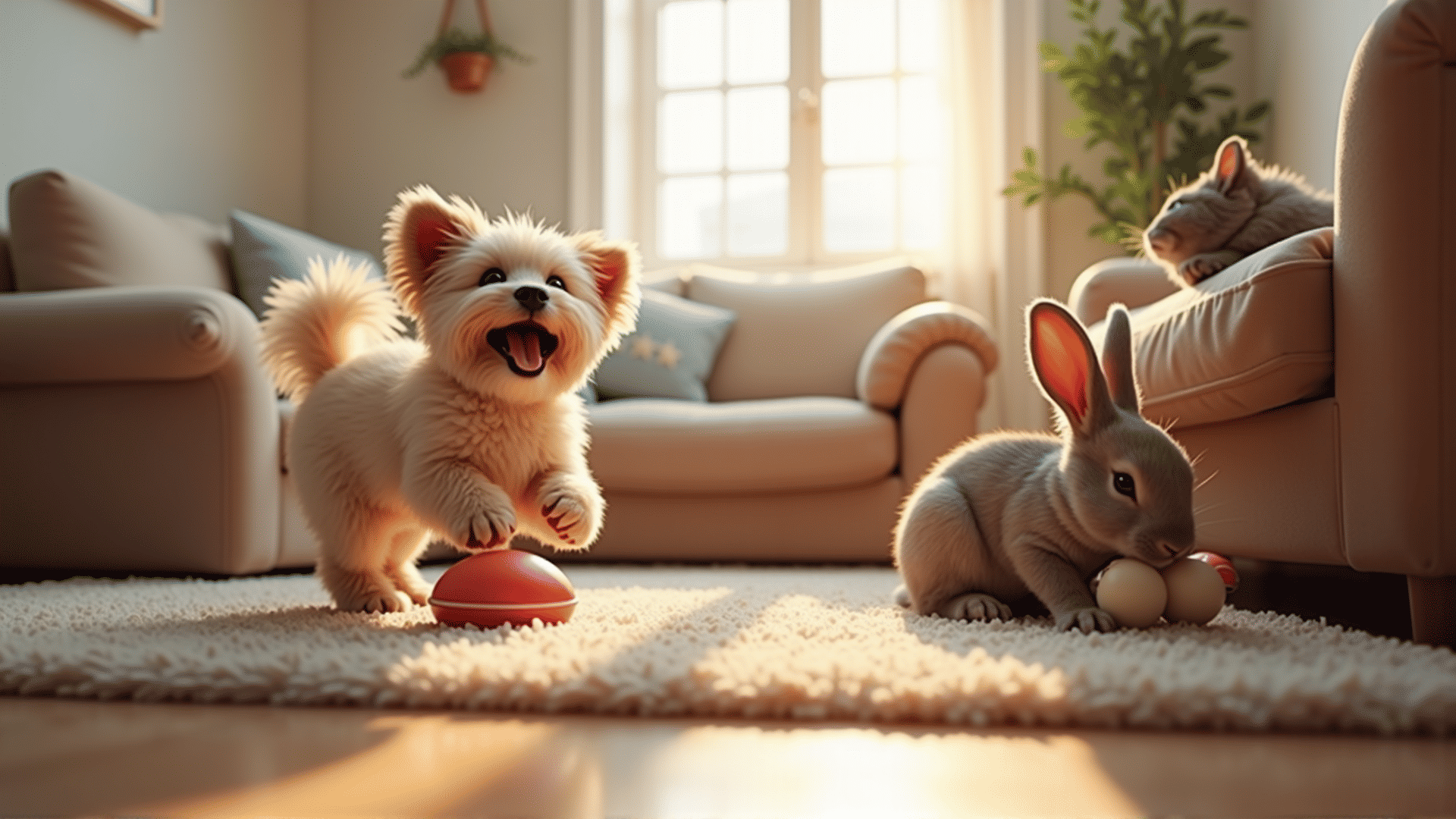Understanding the behavior of your beloved animal companions is essential for creating a harmonious and nurturing environment for them to thrive. Whether you have a playful pup or a curious cat, gaining insights into their behavior can significantly enhance your relationship and improve their overall well-being.
Observing Natural Behavior
The first step towards understanding your pet's actions is through careful observation. Each animal has its own set of behaviors influenced by instincts, genetics, and upbringing. By watching how they interact with their surroundings, you can identify patterns in their behavior. Are they active or laid-back? Do they interact eagerly or show signs of caution? This data provides clues about their personality and comfort levels.
Communication Cues
Pets communicate in various ways. Dogs and cats, for example, use body language, vocalizations, and even eye contact as means of interaction. Understanding these cues can help you better address their needs and emotions. A wagging tail might indicate happiness, while pinned-back ears or a low growl could signal discomfort or fear. Learning to read these signals will not only improve communication but also strengthen the bond you share.
Encouraging Positive Conduct
Creating a supportive environment plays a crucial role in promoting desirable actions. Positive reinforcement, such as praise or treats when your pet displays desired behavior, can be an effective training tool. Encouraging your pet helps them understand which actions are favorable, creating a cycle of positive behavior. Consistent reinforcement and patience from you pave the way for a more harmonious co-existence.
Addressing Unwanted Actions
Sometimes, pets exhibit behaviors that are less than ideal, such as excessive barking or scratching. It's important to address these actions by first understanding the root cause. Often, such actions stem from unmet needs or stress. Providing adequate stimulation, whether through exercise or interactive play, can alleviate boredom and reduce undesirable conduct.
Socializing and Interaction
Social interactions are vital for pets, as they can influence their emotional and behavioral development. Exposure to different environments, people, and animals helps your pet become well-adjusted and less prone to anxiety. Scheduling routine playdates with other animals or short visits to new places can be beneficial in expanding their comfort zones.
The Importance of Routine
Pets thrive on routine and consistency. Establishing a predictable schedule for feeding, exercise, and rest can provide emotional stability for your animal companions. Consistent routines help minimize anxiety and foster a sense of security in their daily lives.
Building Trust
Trust is the cornerstone of any relationship, including the one with your pet. Providing a safe, loving, and attentive environment builds confidence and trust. Whether it's through gentle words or a comforting presence, your reassurance can profoundly impact your pet's behavior and overall happiness.
In conclusion, understanding and nurturing your pet's behavior leads to a positive and fulfilling relationship. By observing, communicating, and providing the right environment, you can support your furry friend's well-being, ensuring they not only survive but thrive in your care.
